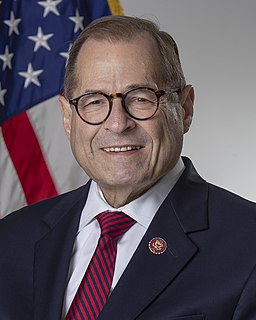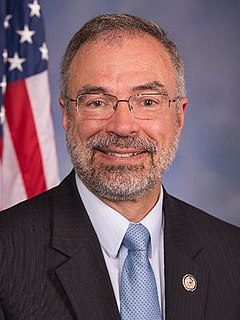A Quote by Tom Hodgkinson
Being good to people is the only insurance policy you need.
Related Quotes
On the policy front, I just believe that Barack Obama was misguided. That he somehow sees this country as being in need of a drastic overhaul. What he tried to do actually hurt the country rather than helped it and the best example is Obamacare. It's a good idea to insure people who can't or won't buy insurance but you can't punish the working class to make it happen, which he did. Now everybody's paying higher premiums and more deductibles that's coming out of working people's pockets and that's one of the reasons that his legacy has been refuted.
Kyoto costs a lot, does nothing to prevent calamity, and pays no compensation in the event of loss. If my insurance broker offered that sort of policy, I would not carry insurance. Instead what my broker offers is a policy that costs a little and pays full compensation in the event of loss. If someone wants to propose that as a policy on global warming, I'm all in favour.
Organisation of social insurance should be treated as one part only of a comprehensive policy of social progress. Social insurance fully developed may provide income security; it is an attack upon Want. But Want is one only of five giants on the road of reconstruction and in some ways the easiest to attack. The others are Disease, Ignorance, Squalor and Idleness.
Insurance is meant for extraordinary circumstances. You don't use car insurance to pay for oil changes or gasoline; you have it as protection in case you have a terrible accident or your car is stolen. You don't use homeowners' insurance to pay your electricity and water bills; you have it as protection in case a fire or other catastrophic event produces a large expense. Obviously, any insurance policy that promises to cover every small, ordinary expense is going to be much more expensive than one that covers only extraordinary expenses.
We need to level the playing field so that people who buy insurance individually at the same tax rates as those who buy it than get it through work. We need to be able to let people to shop across state lines for better deals with insurance that works for them and their family, not something the government says they have to have.






































